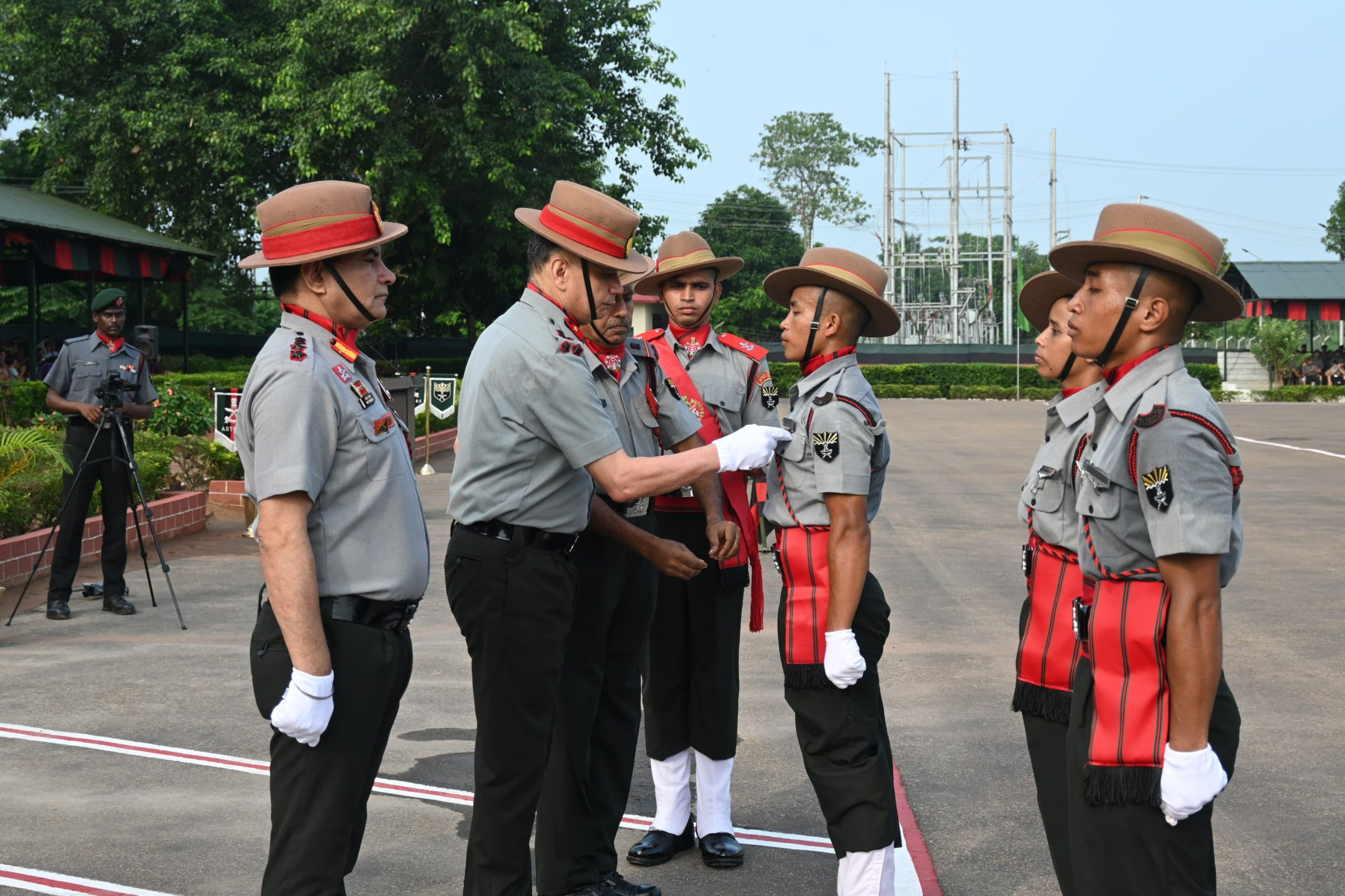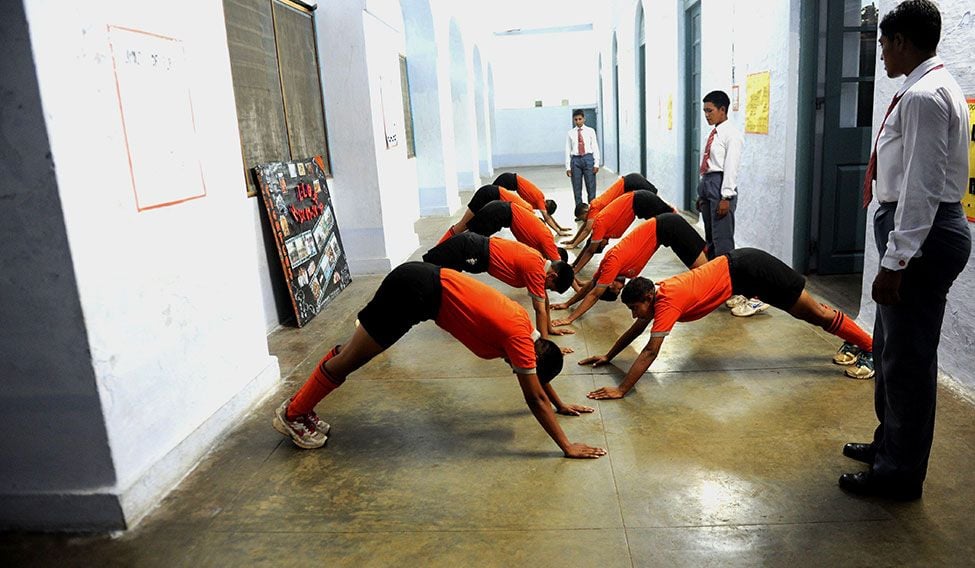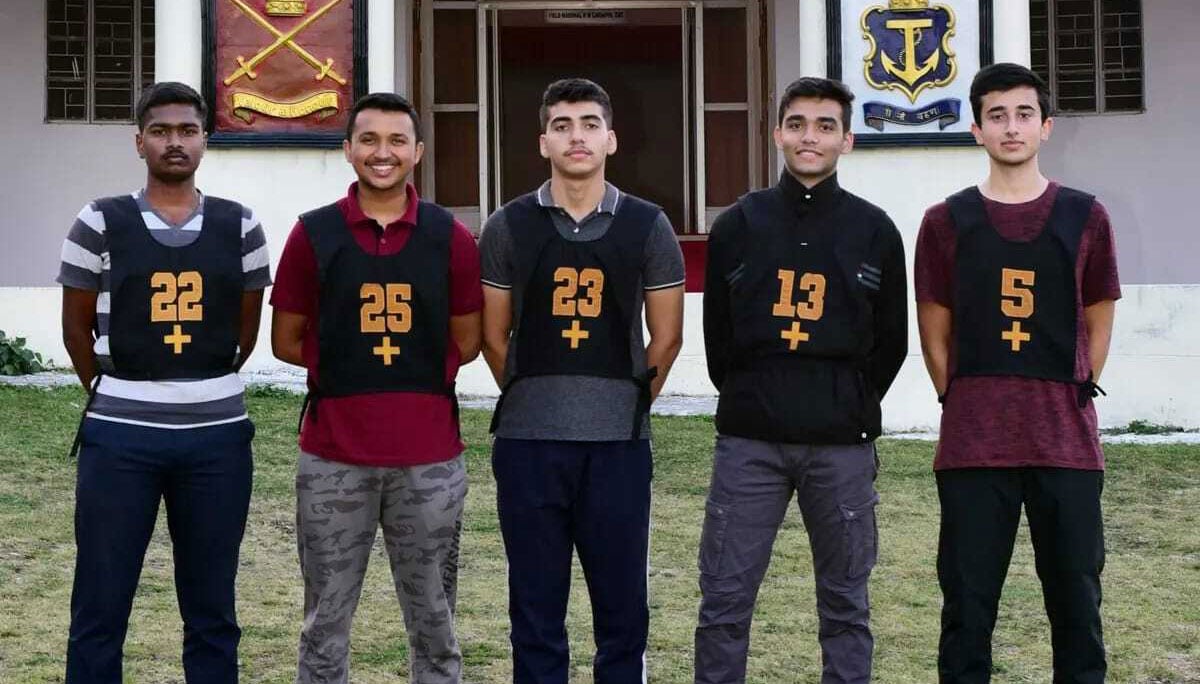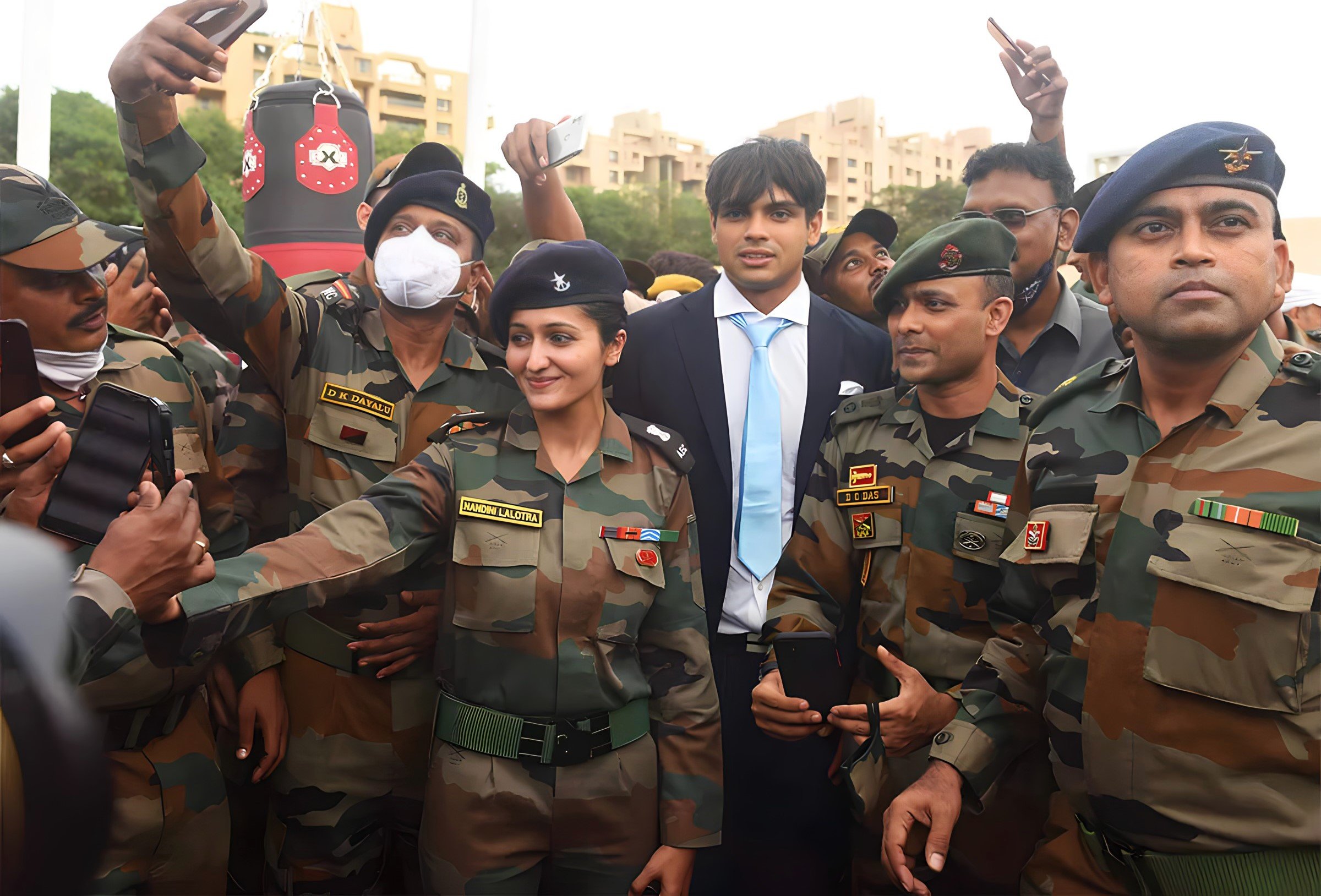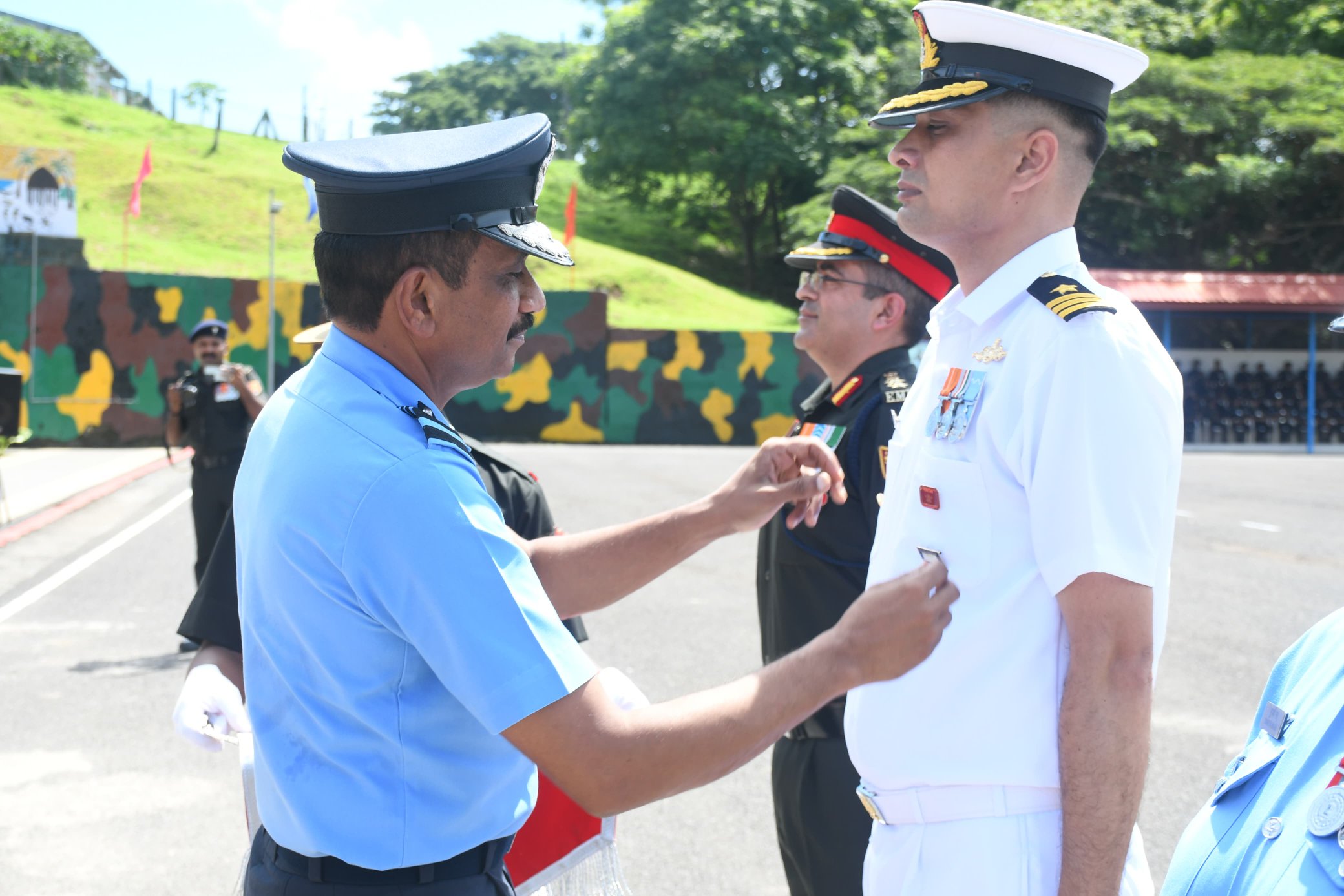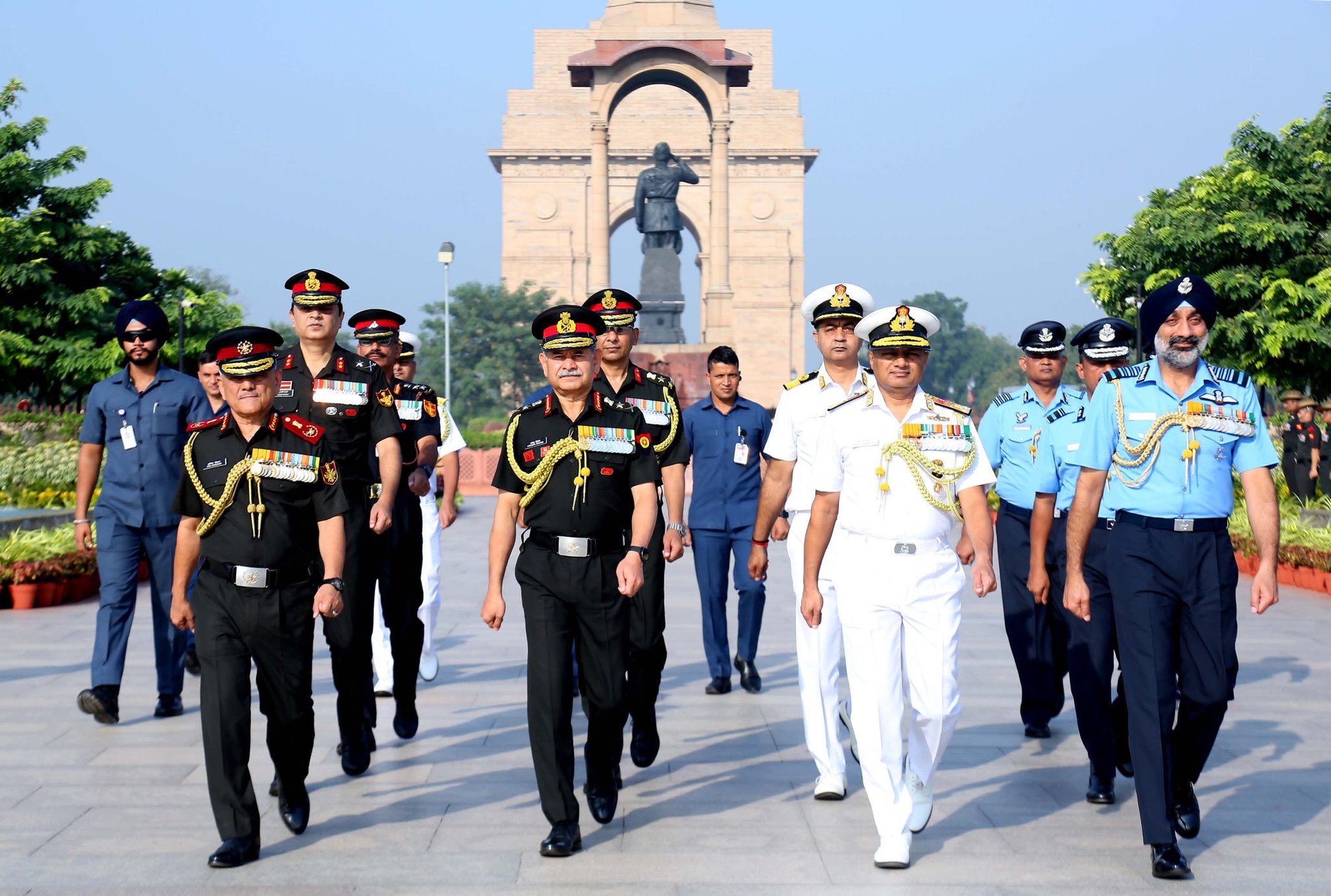2197 Recruits Join Assam Rifles in Nagaland
In a grand ceremony held on October 10, 2024, a total of 2197 recruits were officially attested into the Assam…
9 Ways To Be Disciplined Like A Military Soldier
Discipline is the cornerstone of success, both in the military and in life. The rigorous training regimes and demanding routines…
SSB Full Form: What You Need to Know
What is the SSB Full Form? The full form of SSB is Services Selection Board, it plays a crucial role…
How to Join Indian Army as a Sportsman
The Indian Army offers an exciting pathway for talented sportsmen to serve their country both on the field and in…
Andaman and Nicobar Command Celebrates 24th Raising Day with Ceremonial Fervor and Dazzling Displays
The Andaman and Nicobar Command (ANC) celebrated its 24th Raising Day at the Brichgunj Military Station with a series of…
Indian Air Force Celebrates 92nd Anniversary with a Grand Display of Power and Technology in Chennai
On October 8, 2024, the Indian Air Force (IAF) marked its 92nd anniversary with a spectacular ceremony at the Air…

